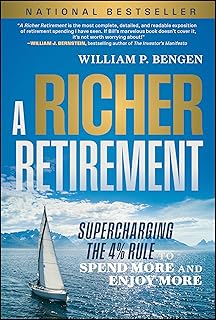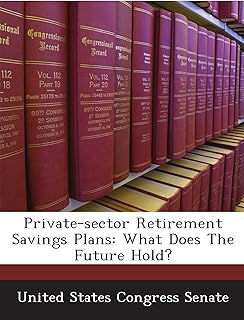An outdated superannuation rule in Australia is causing concern among low-income workers, potentially resulting in a collective loss of $500 million in savings this year, according to the Super Members Council (SMC).
The Low-Income Superannuation Tax Offset (LISTO) was introduced to assist low-income earners in building their retirement funds. However, the offset has remained stagnant for 13 years, leading to many workers missing out on potential savings.
With changing tax brackets in 2020, the LISTO failed to adjust, leaving around 1.2 million low-income workers excluded from receiving a total of $500 million in refunds this financial year. The impact is particularly significant for women and young individuals.
Superannuation is typically taxed at a rate of 15%, and the LISTO was designed to prevent low-income earners from paying more tax on their superannuation contributions than on their take-home pay. The rebate, capped at $500, is directly deposited into superannuation accounts by the Australian Taxation Office.
Despite changes in income brackets and inflation, the LISTO has not been indexed since its inception in 2012, causing eligibility issues for many low-income earners. For instance, when the second income bracket was raised to $45,000 in 2020, approximately 500,000 individuals became ineligible for the rebate.
According to the SMC report, this cohort has missed out on an estimated $3 billion in rebates. The SMC forecasts that the situation will worsen with further changes to income brackets in 2027, potentially leading to higher tax rates on superannuation contributions than on income for one in four individuals.
Frontline workers in low-paid professions, particularly women and young people, are at greater risk of missing out on LISTO benefits. Occupations such as carers, salespeople, and health professionals are among those most likely to be affected.
Georgia Brumby, the acting CEO of the Super Members Council, emphasized the urgency of addressing the frozen LISTO, highlighting the impact on over a million low-paid workers, predominantly women, who could lose up to $60,000 in retirement savings.
The SMC proposes raising the LISTO eligibility to $45,000 and increasing the payment to $810, aligning with recommendations from other organizations like the Grattan Institute and Women in Super. These changes aim to ensure fairness and support for all Australians contributing to their superannuation.
As calls for reform grow louder, the need to address these superannuation discrepancies becomes increasingly urgent to safeguard the financial well-being of vulnerable workers and ensure a more equitable retirement system.
📰 Related Articles
- Superannuation Council Urges Government for Enhanced Low-Income Tax Offset
- Superannuation Contribution Caps to Increase, Benefit Older Workers
- Superannuation Changes Enhance Retirement Planning for Australian Workers
- Analysis Forecasts Young Australians Could Retire with $3 Million in Superannuation
- World Equestrian Brands Unveils Eventing $500 Club and Innovations





